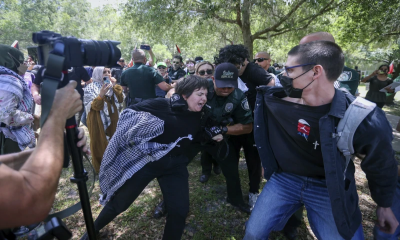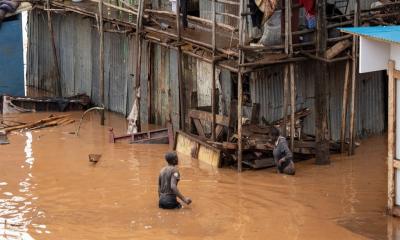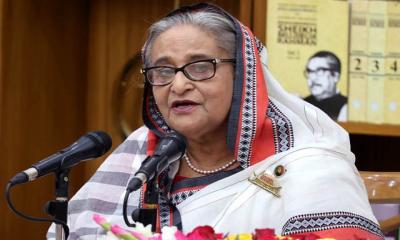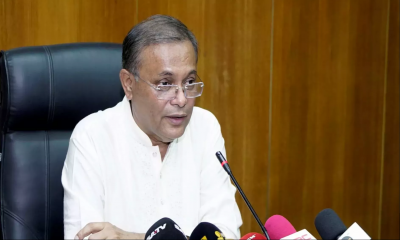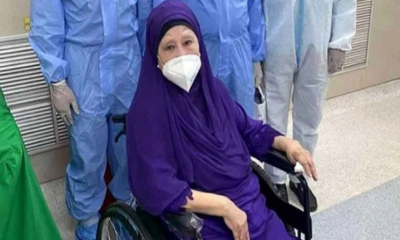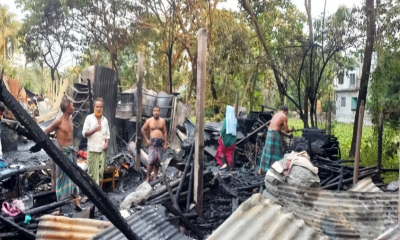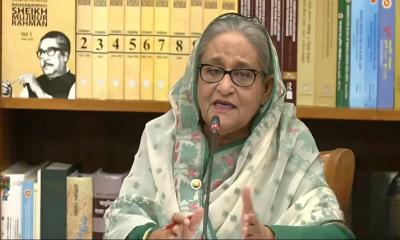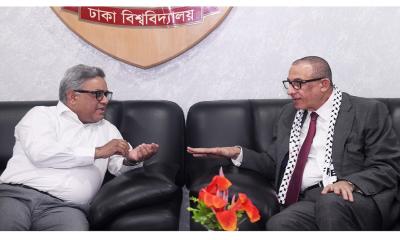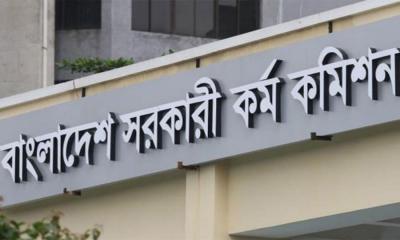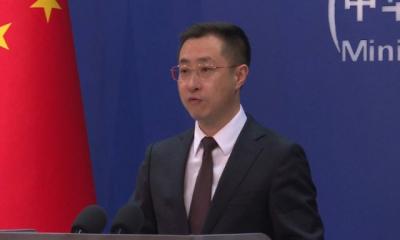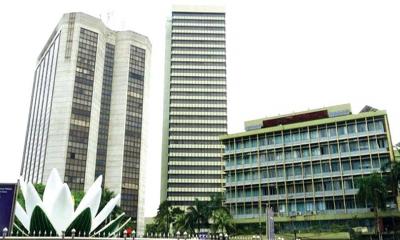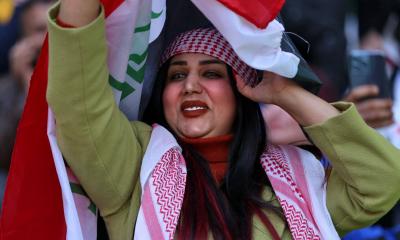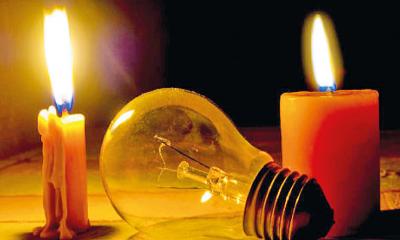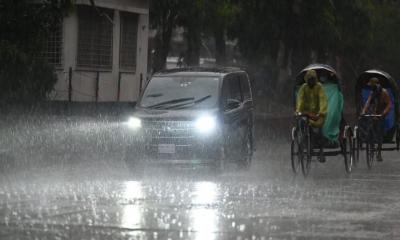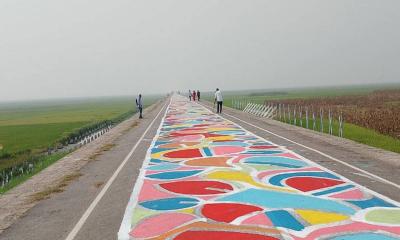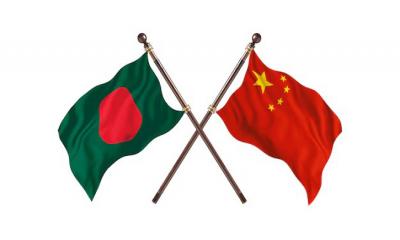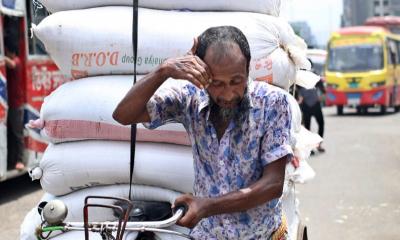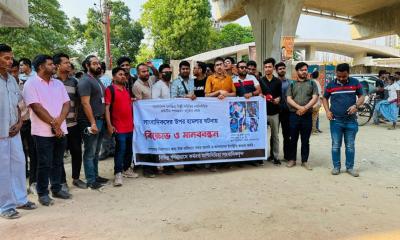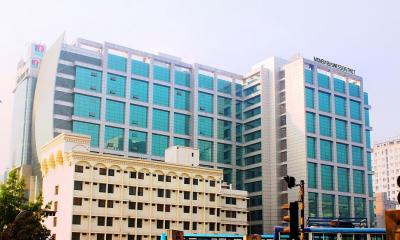The Indian government has been secretly working to keep its reputation as the “world’s largest democracy” alive after being called out by researchers for serious democratic backsliding under the nationalist rule of Narendra Modi, according to internal reports seen by the Guardian.
Despite publicly dismissing several global rankings that suggest the country is on a dangerous downward trajectory, officials from government ministries have been quietly assigned to monitor India’s performance, minutes from meetings show.
News of the meetings comes as Modi makes a state visit to the US to hold talks with President Joe Biden and speak to Congress.
According to the minutes, senior Indian officials have held at least four meetings since 2021 to discuss why the global Democracy Index, prepared by the Economist Intelligence Unit, has for the past three years downgraded the world’s most populous country to a “flawed democracy”.
Other rankings have also raised concerns. In 2021, the US-based not-for-profit Freedom House downgraded India’s status from a free democracy to a “partially free democracy”. Meanwhile, the V-Dem Institute, based in Sweden, classifies India as an “electoral autocracy”.
In public, the Indian government has dismissed these rankings, arguing that Delhi did not “need sermons”, according to the foreign affairs minister, S Jaishankar. He accused the rankings of hypocrisy and called them “self-appointed custodians of the world who find it very difficult to stomach that somebody in India is not looking for their approval”.
Nevertheless, behind closed doors, the response has been less self-assured and more panicked. In one meeting to assess the rankings, a senior official said: “
prime minister was giving more importance to the Democracy Index and was keen to get improved rankings since India is the largest democratic country in the world.”This, the bureaucrat added, gave utmost importance to the Democracy Index as it affected the reputation of India. Concerns have been raised as recently as February that these rankings should not be ignored as mere opinions, he said, as they could affect international business in India if the country is seen as a politically risky place to invest.
But there was pushback from some parts of the government. In the meetings, the Indian home ministry, in particular, led by Amit Shah, Modi’s close ally and hardline Hindu nationalist, was mentioned as not fully cooperative, despite being at the centre of the issue, which has largely focused on minority rights.
The official leading the meeting said that the Democracy Index focused on the stripping of Kashmir’s special status, which had been held up as protecting rights in the Muslim-majority state, anti-Muslim riots in 2020, and a law that grants citizenship to non-Muslim migrants.
“The aforesaid issues are administratively concerned with the ministry of home affairs, which till today has not provided any information or data on the parameters and sub-parameters allocated to them,” the official, a member of the legislative department, was quoted as saying at the meeting held in February.
He said: “Without the information and involvement of the line ministries/departments, it is difficult for the legislative department to monitor the performance of Democracy Index and to make its global ranking better.”
In response, an official from the home ministry said: “The matter of the Democracy Index is under discussion,” adding that “all the reforms are theoretical in nature.”
Since 2015, the Economic Intelligence Unit has noted that India has experienced a deterioration in democratic norms.
In its 2020 report, where it first downgraded the country to “flawed democracy” status, the organisation wrote: “In India, democratic norms have been under pressure since 2015. India’s score fell from a peak of 7.92 in 2014 to 6.61 in 2020 and its global ranking slipped from 27th to 53rd as a result of democratic backsliding under the leadership of Narendra Modi …
“The increasing influence of religion under the Modi premiership, whose policies have fomented anti-Muslim feeling and religious strife, has damaged the political fabric of the country.”
Later that year, Indian government officials discreetly approached the London-based body to use “official” government-approved data on its Democracy Index rankings rather than their own independent data – an offer that was declined, according to Indian government documents.
The Guardian has approached the Indian government with a request for comment.

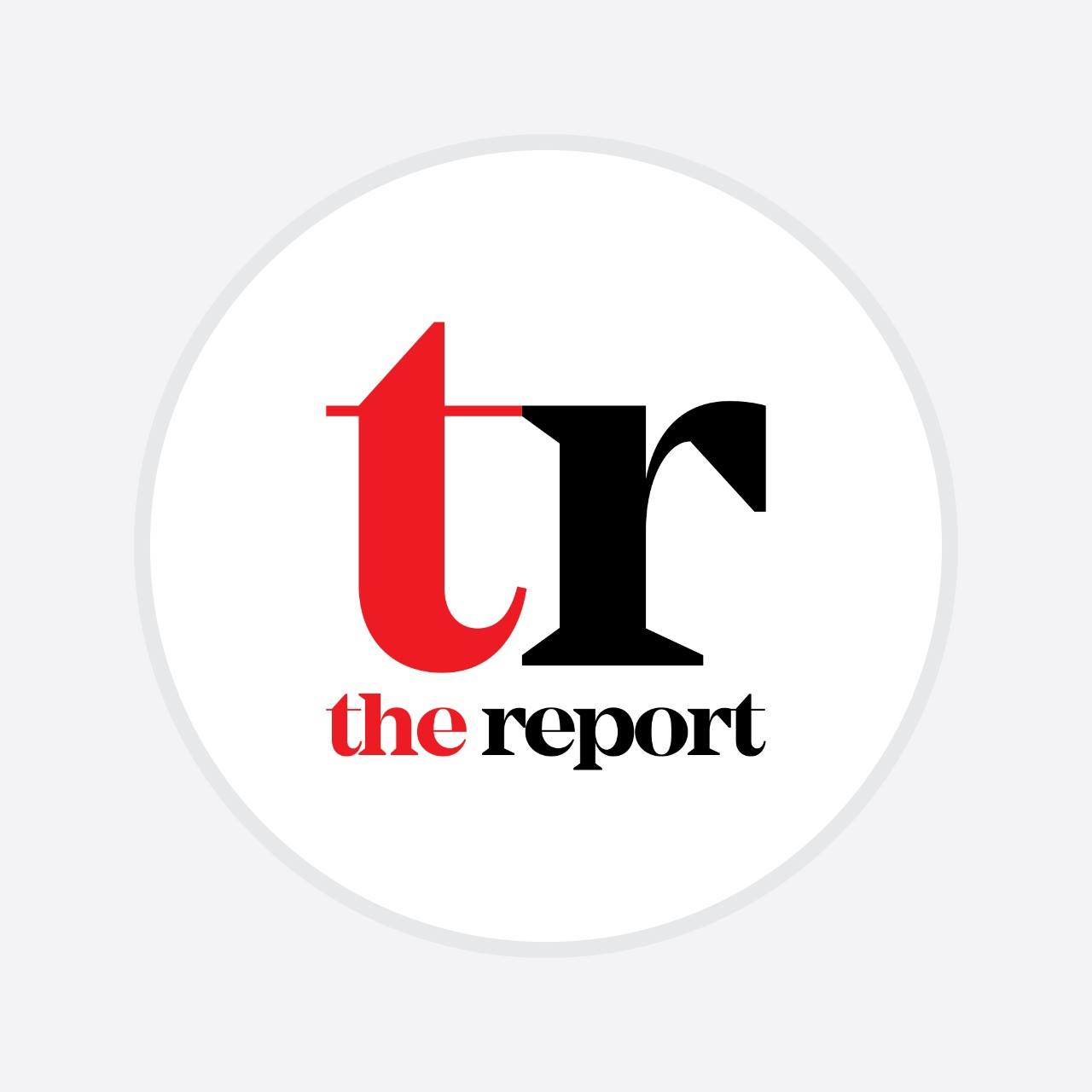
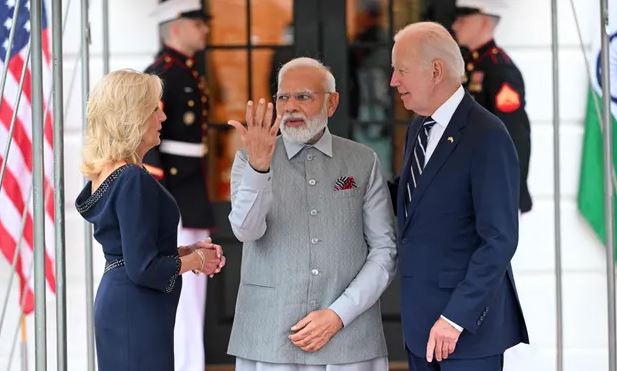

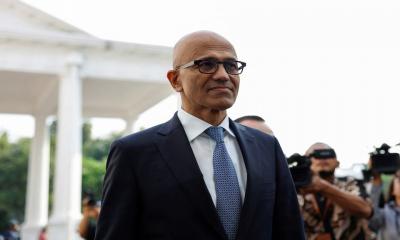

-20240430063745.jpg)
